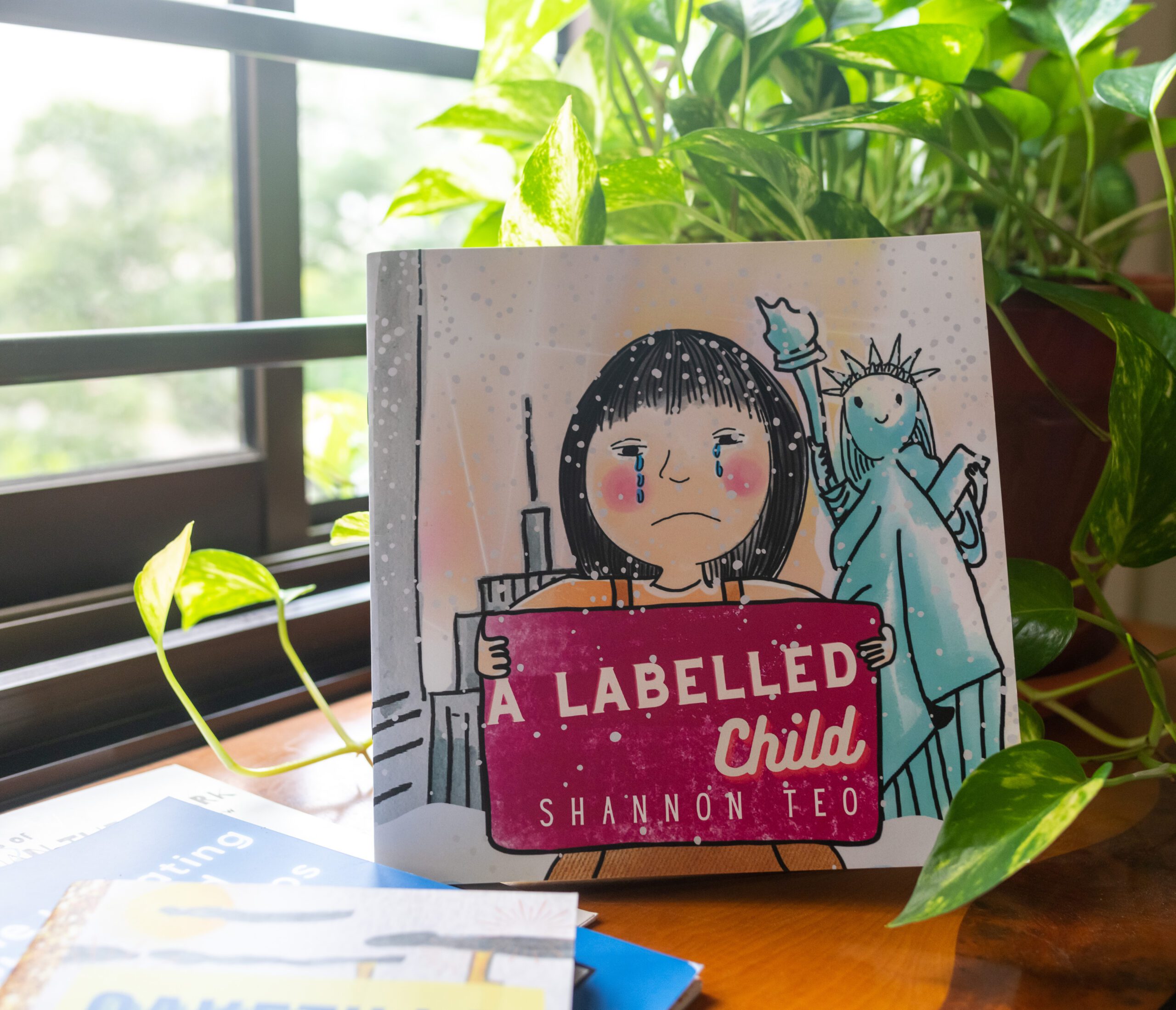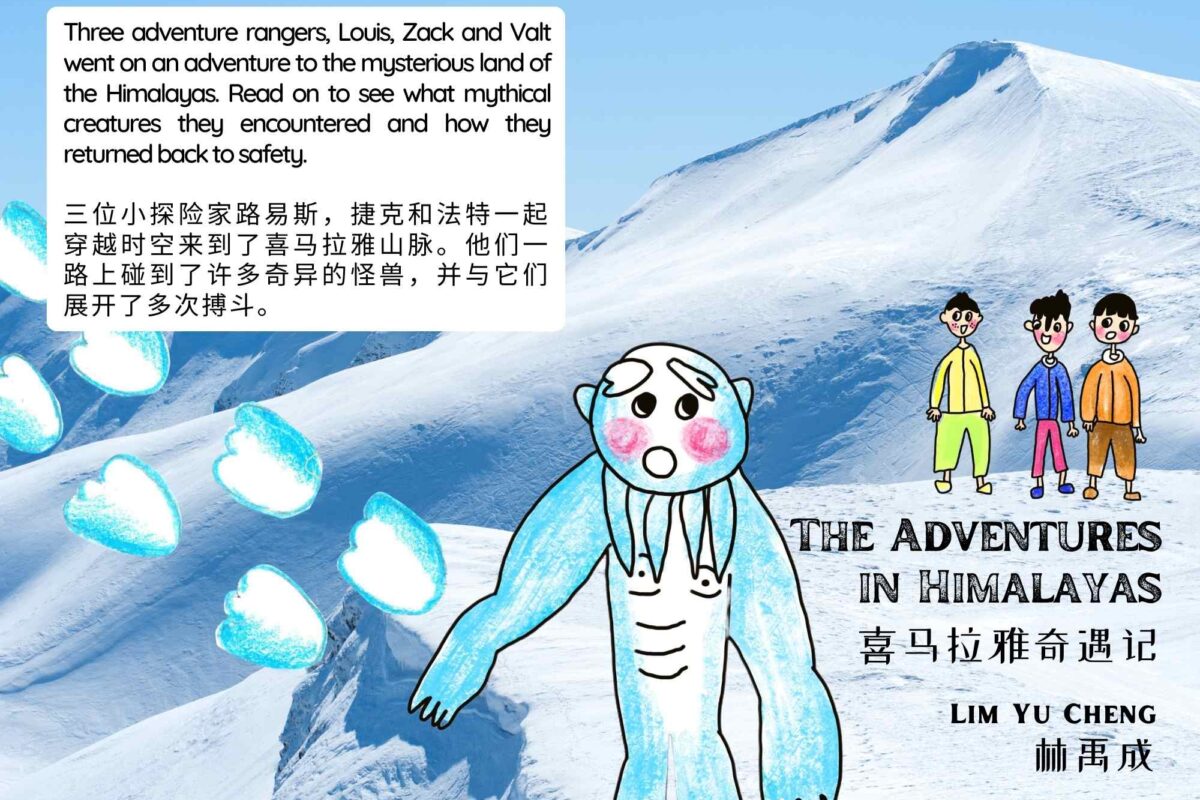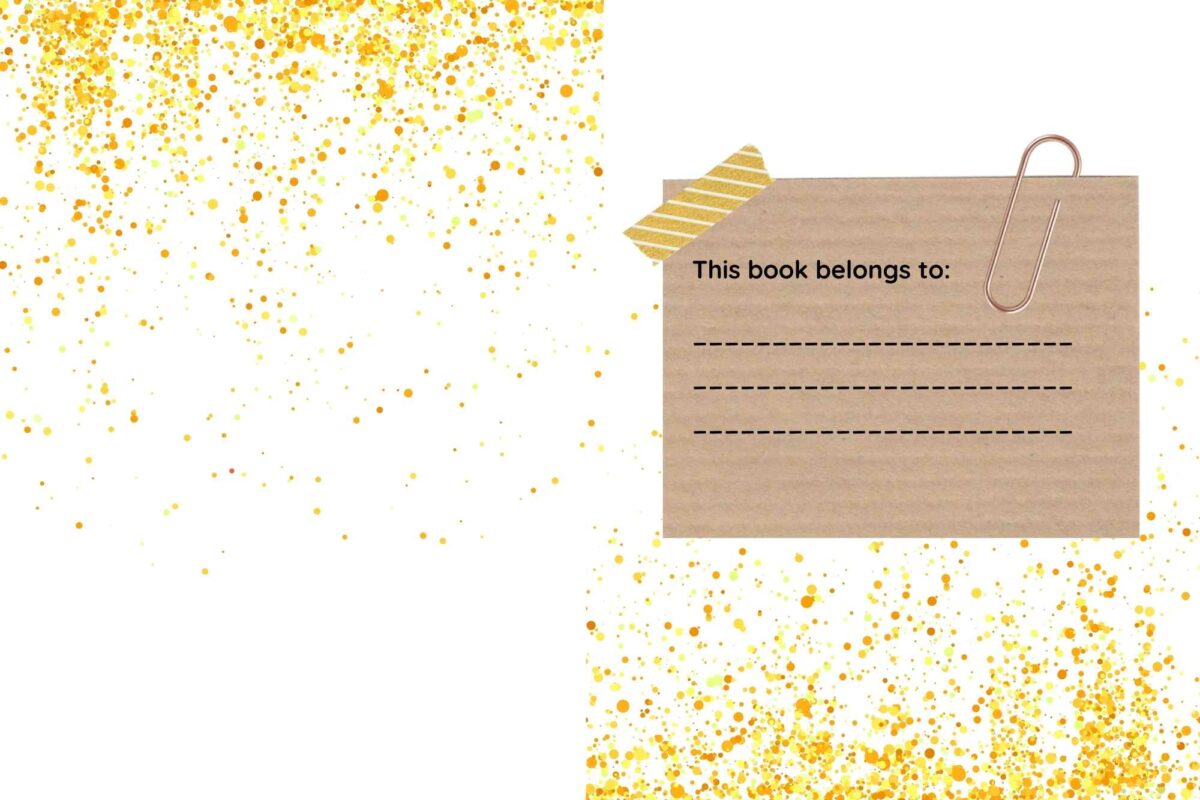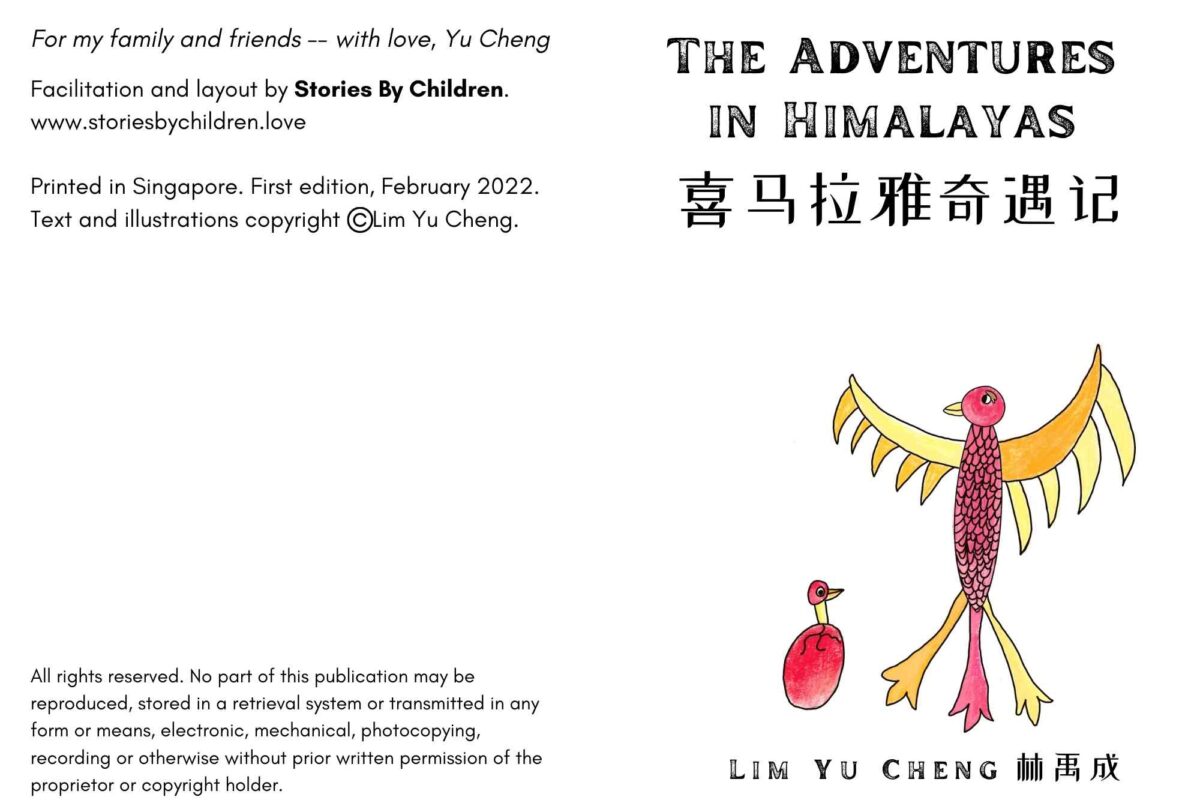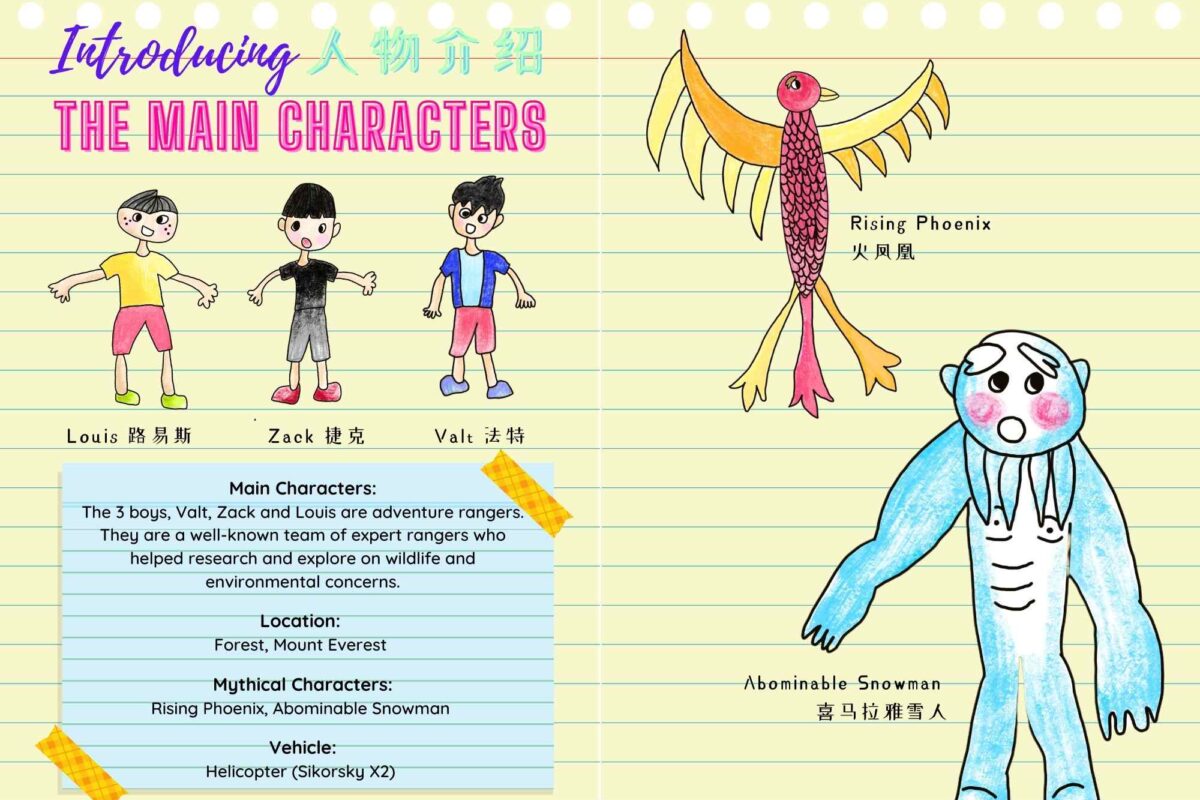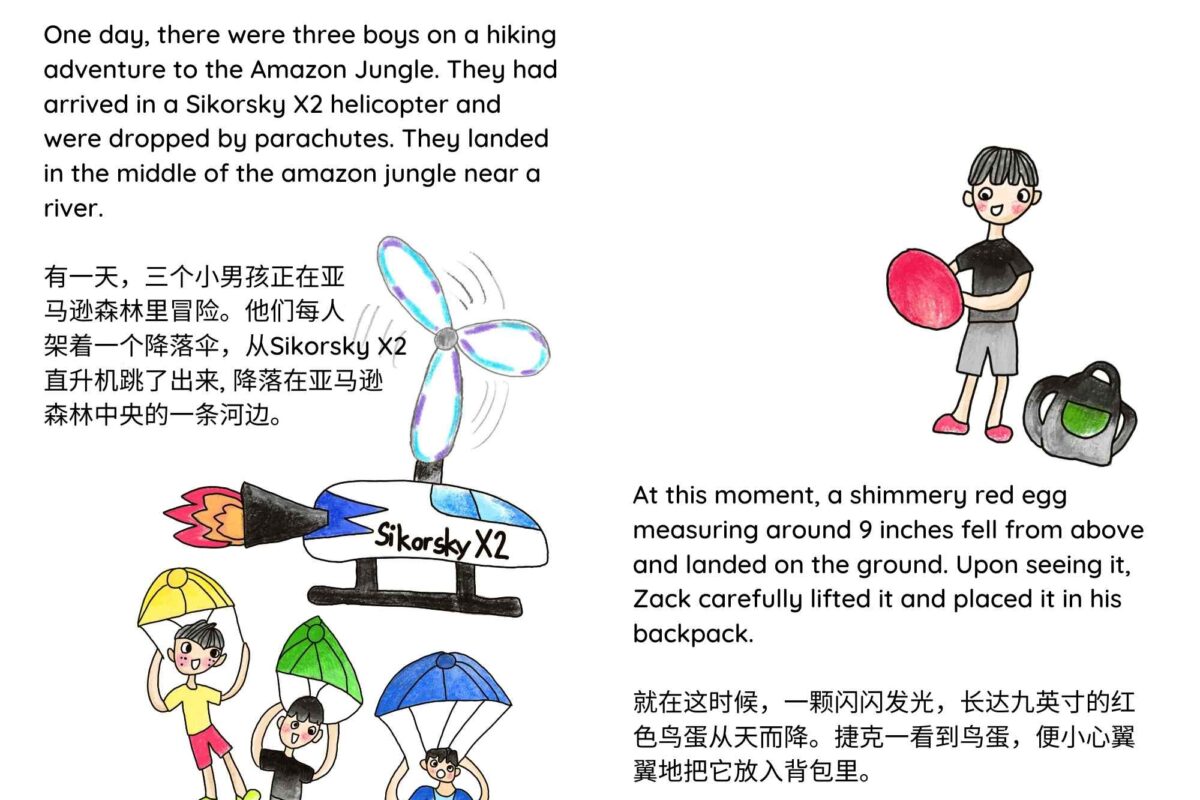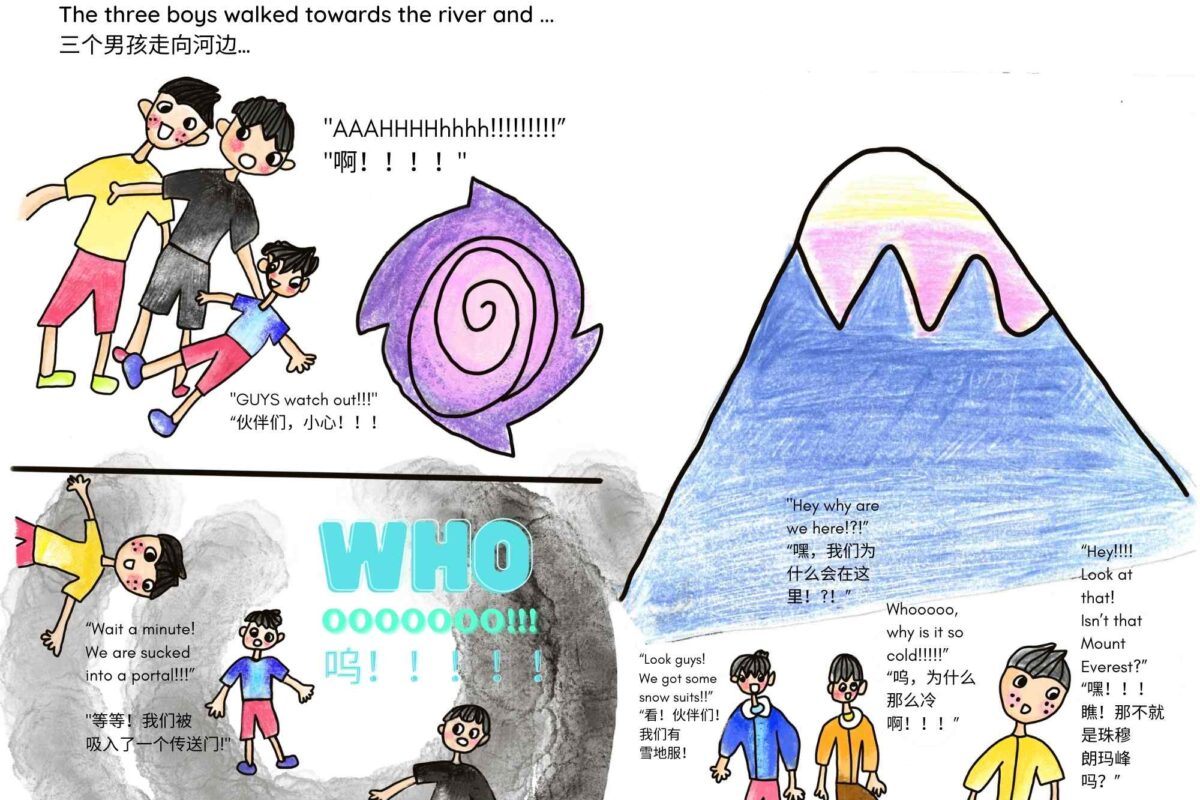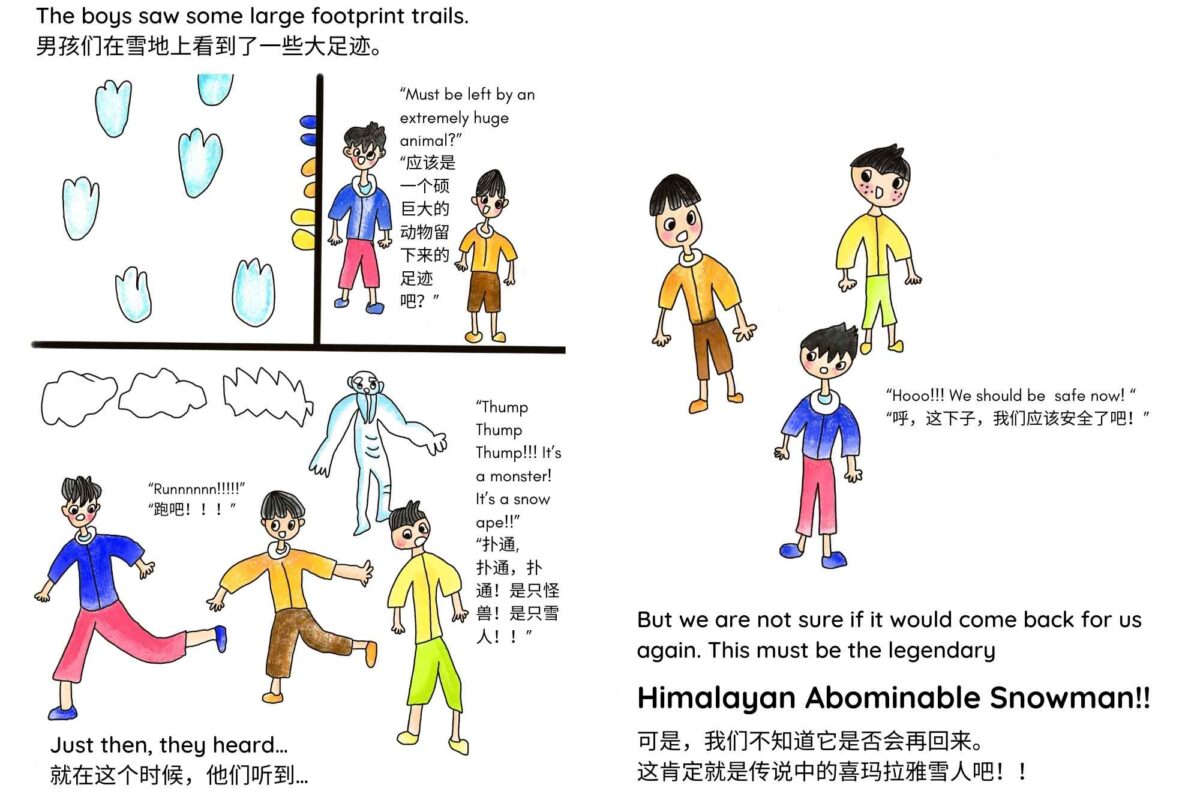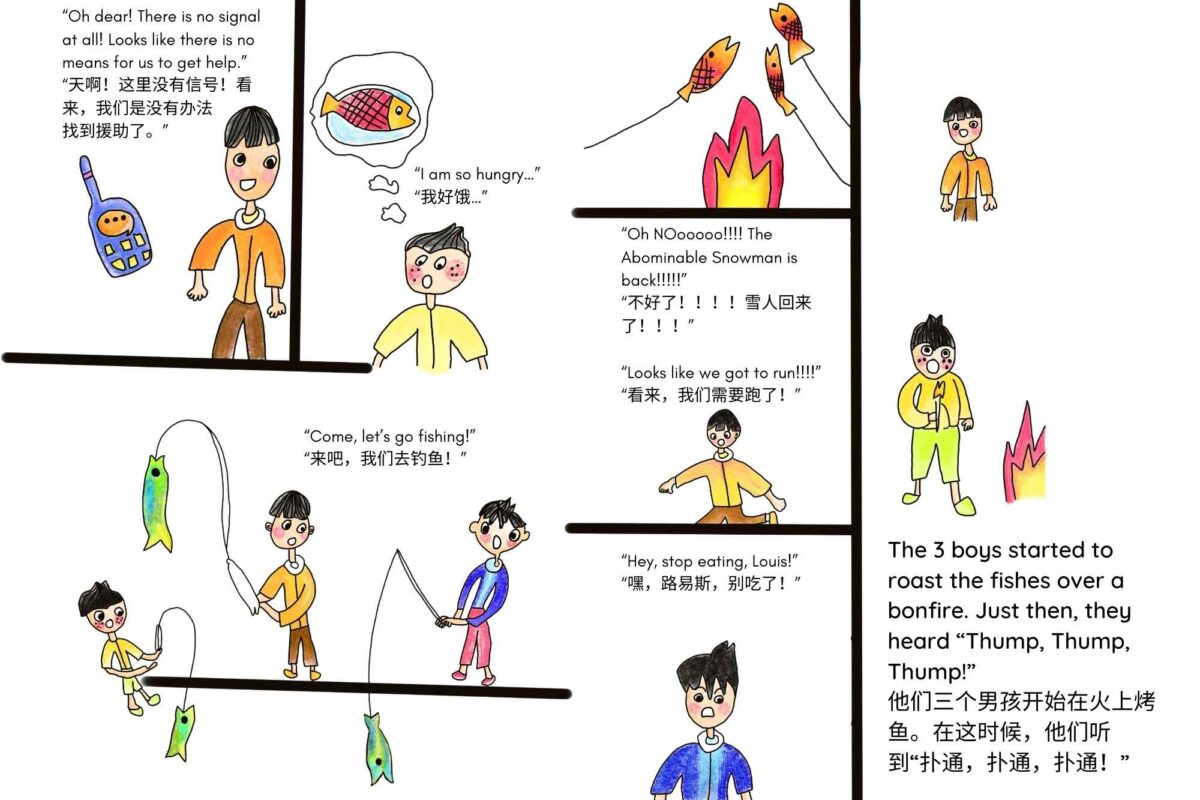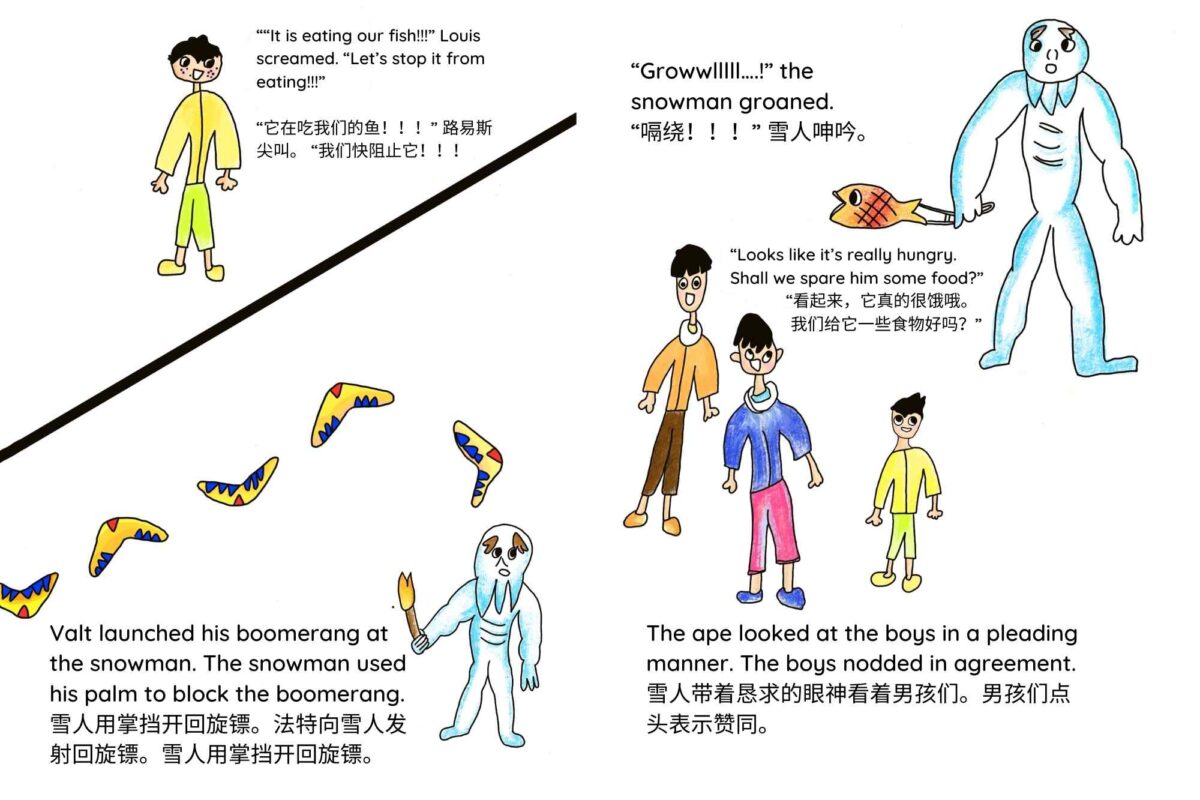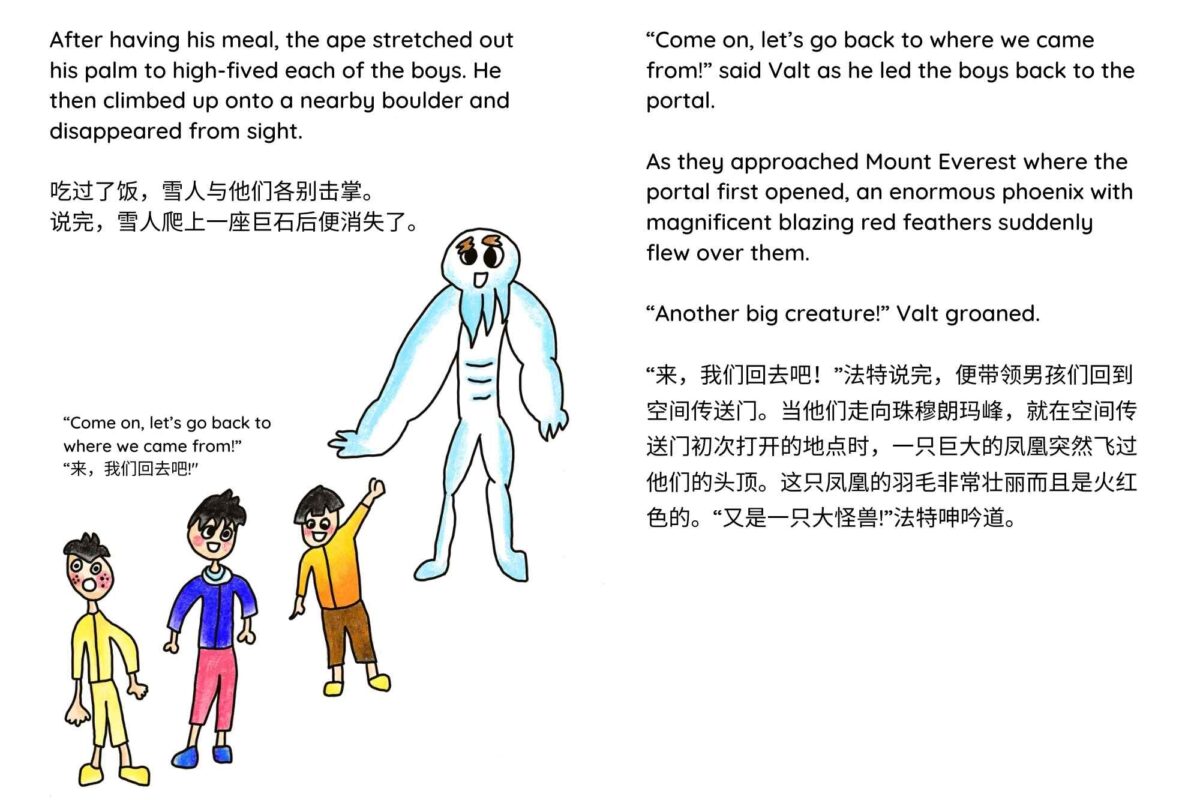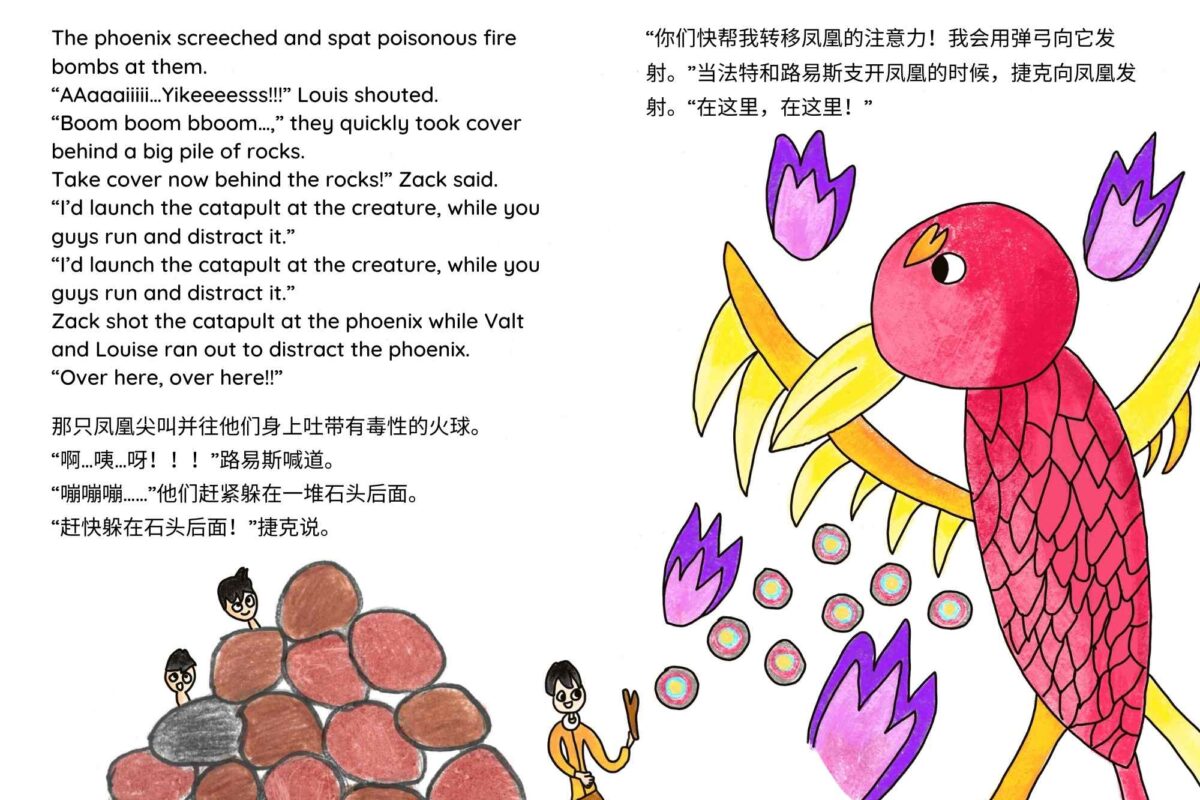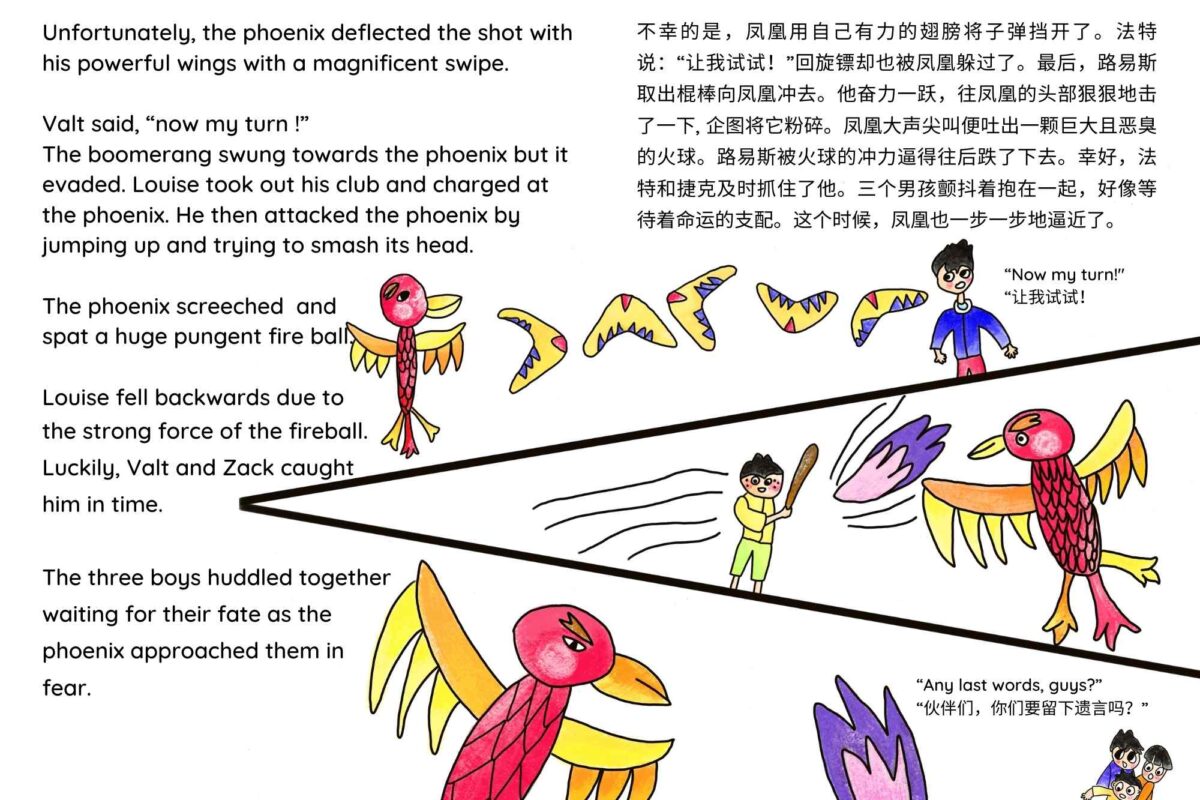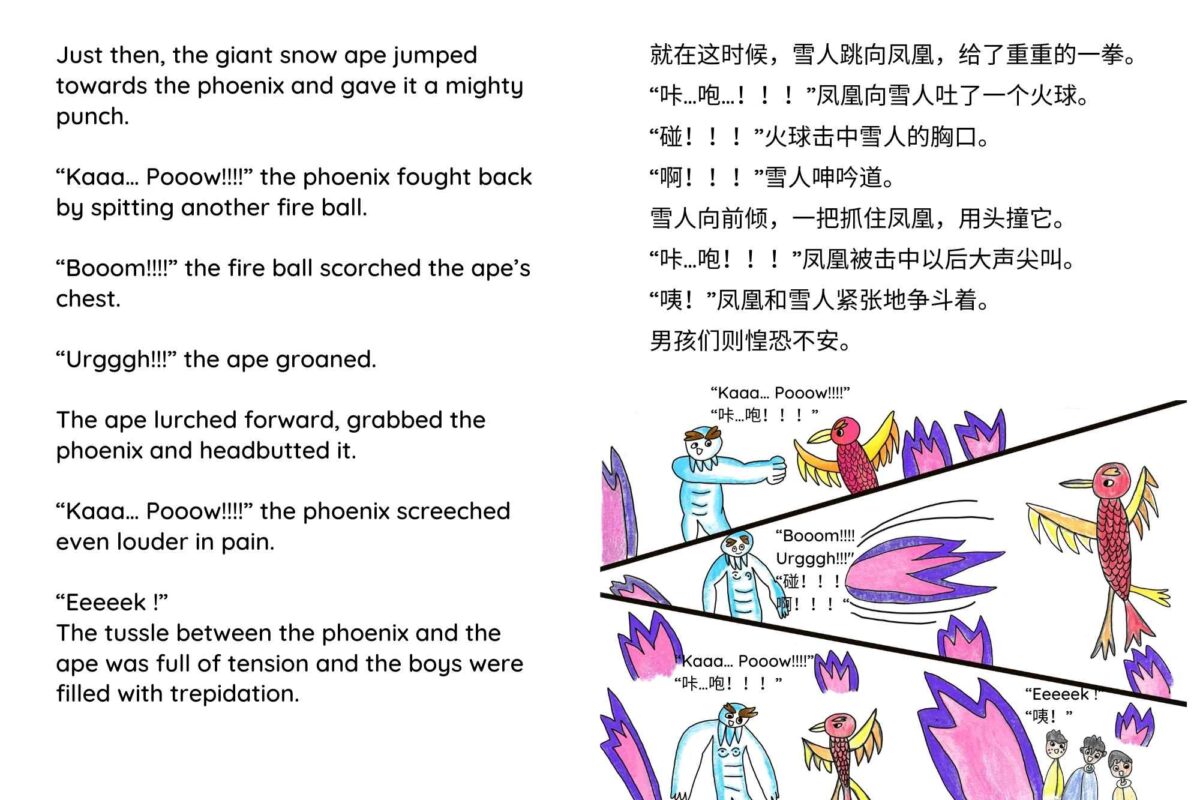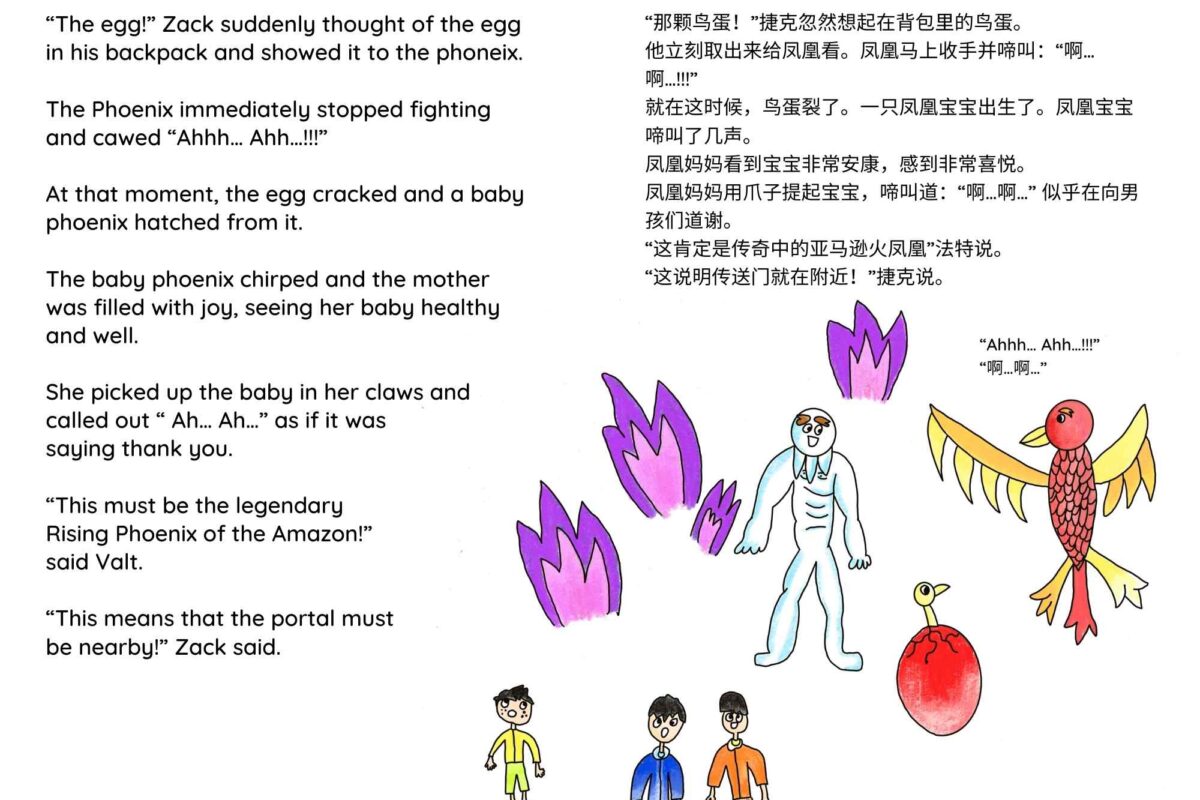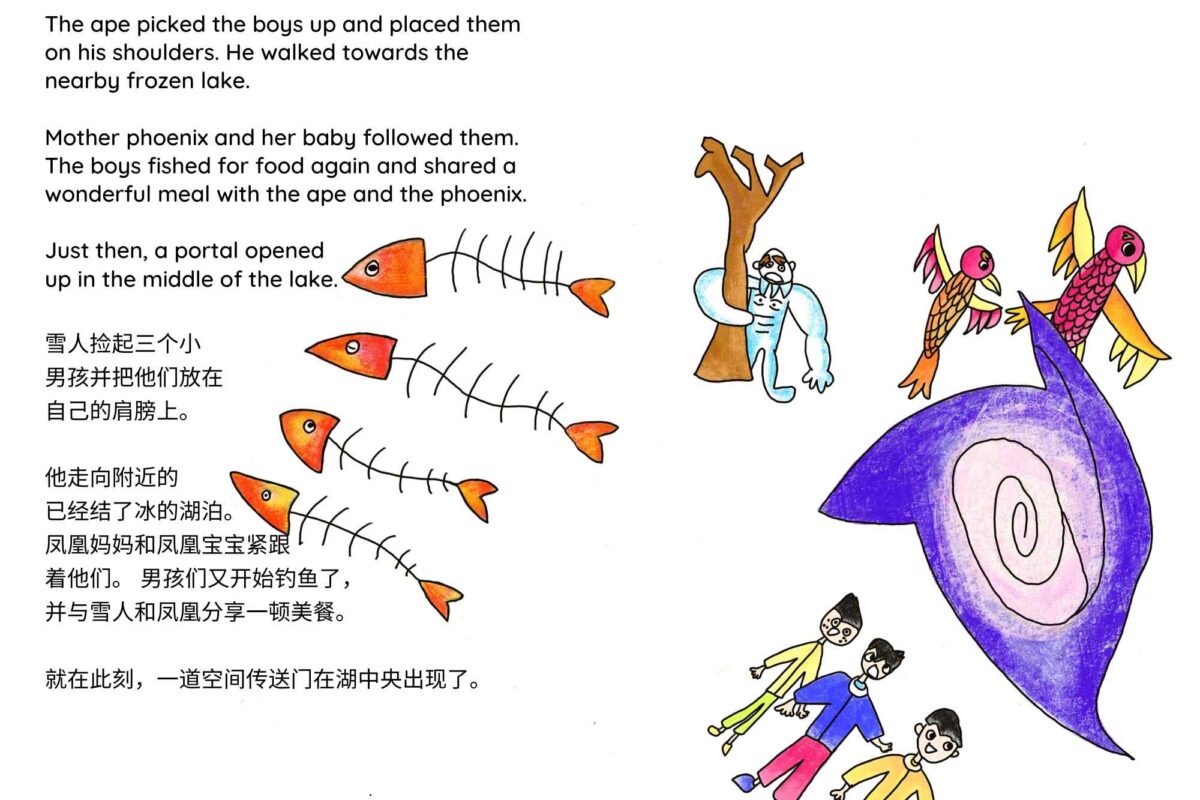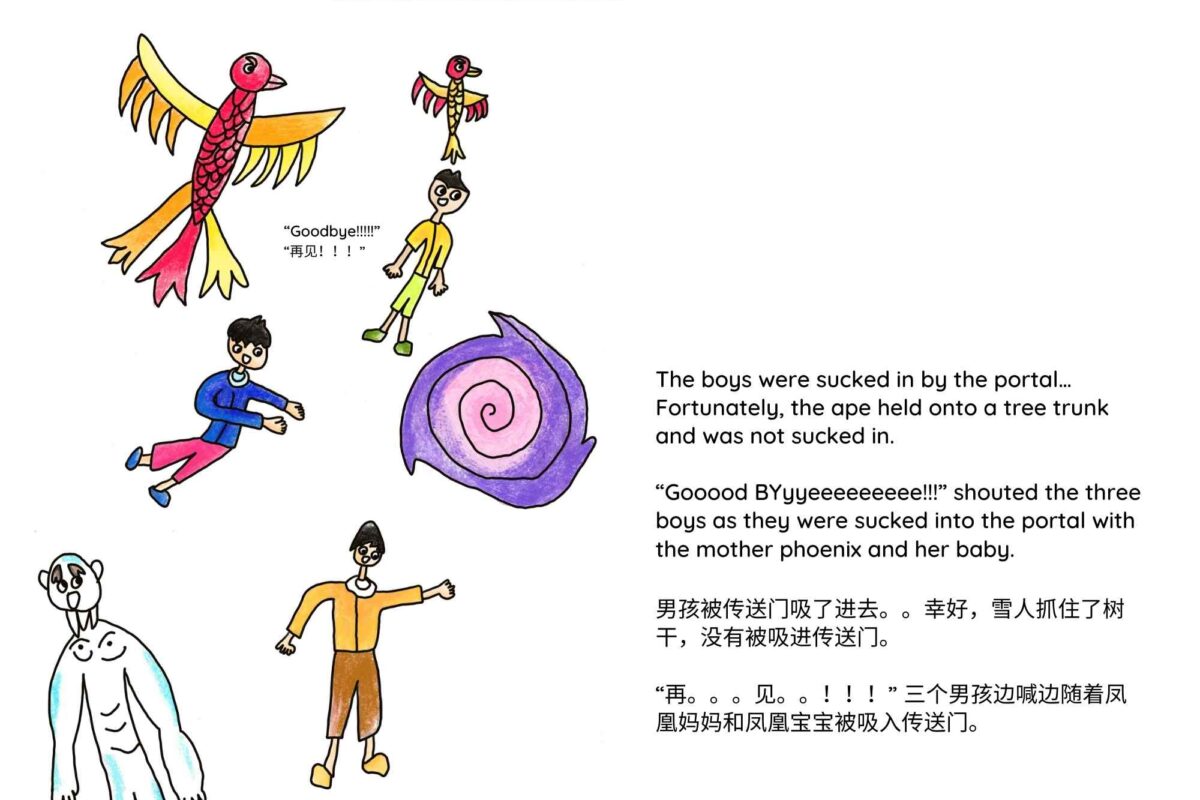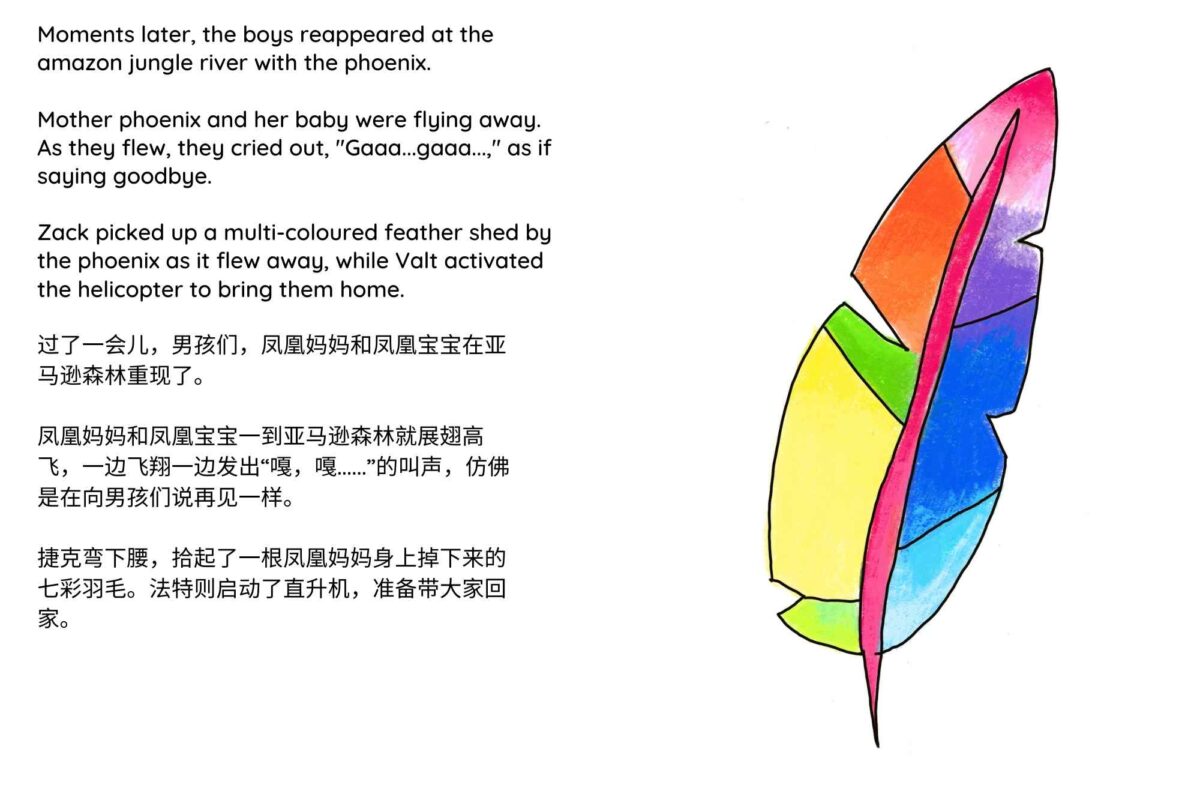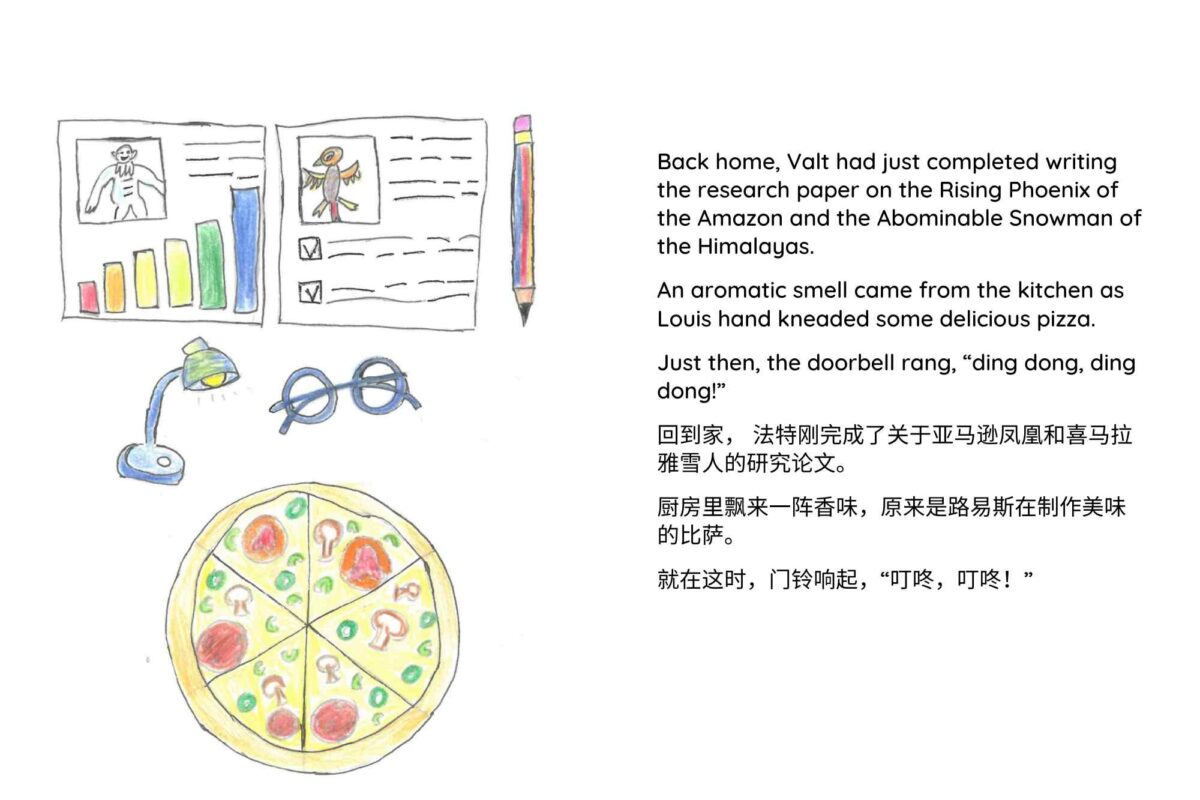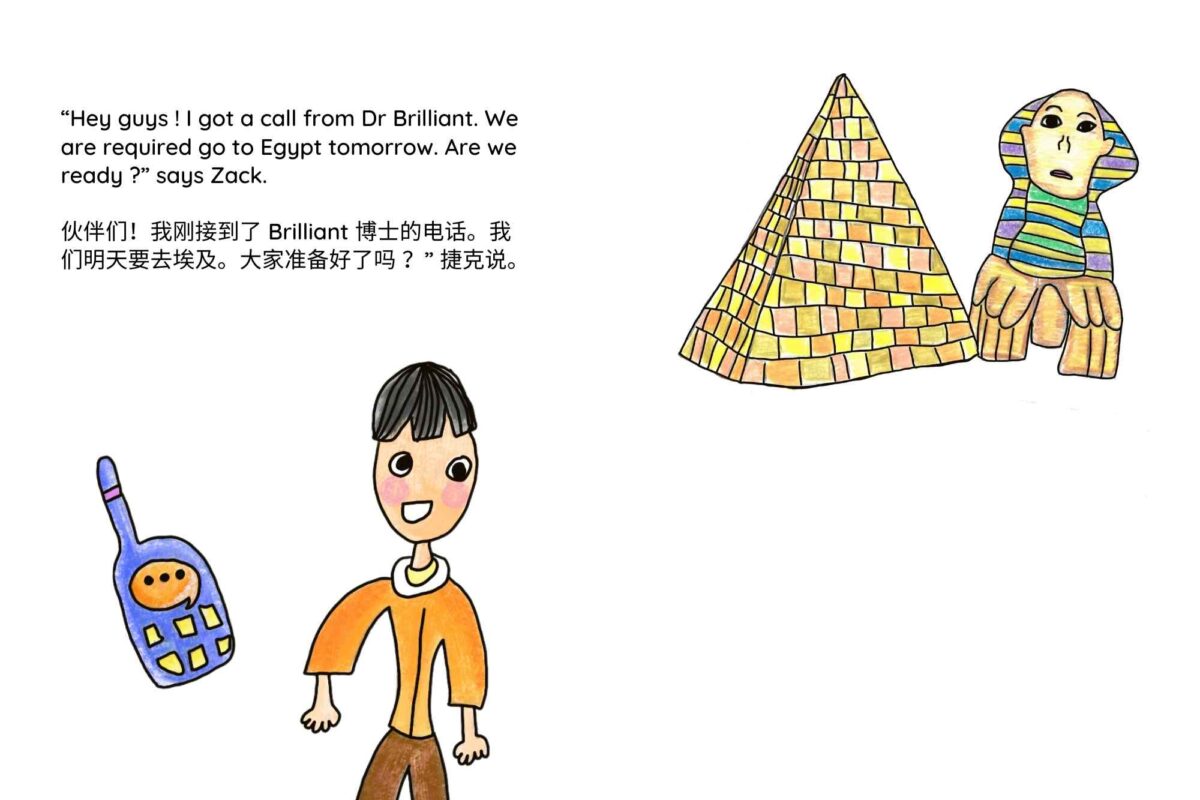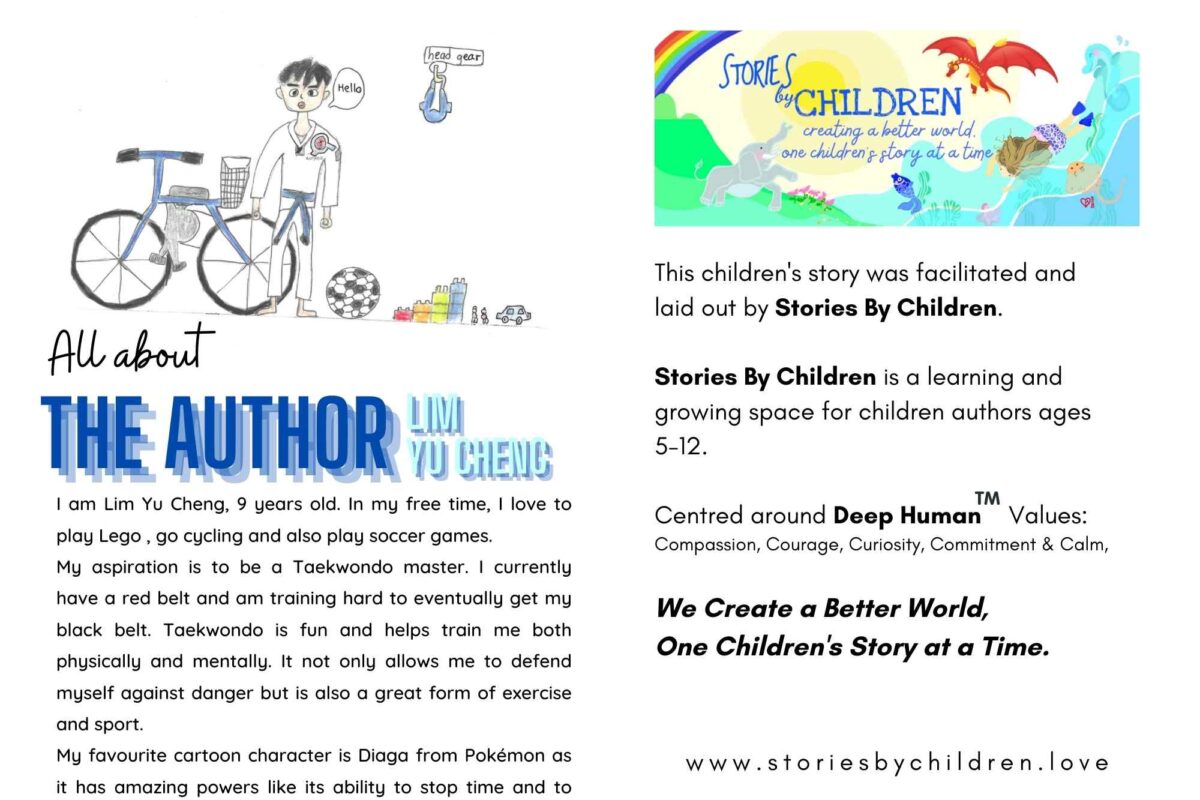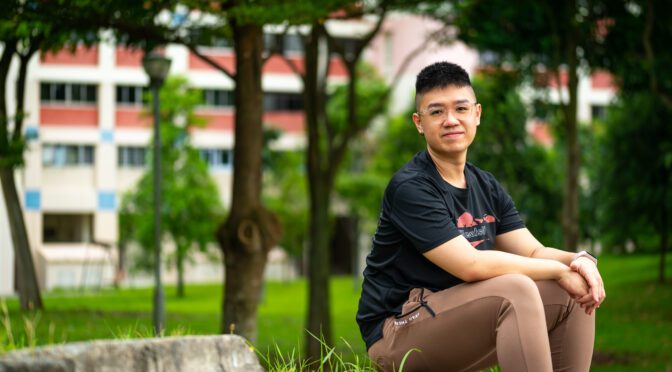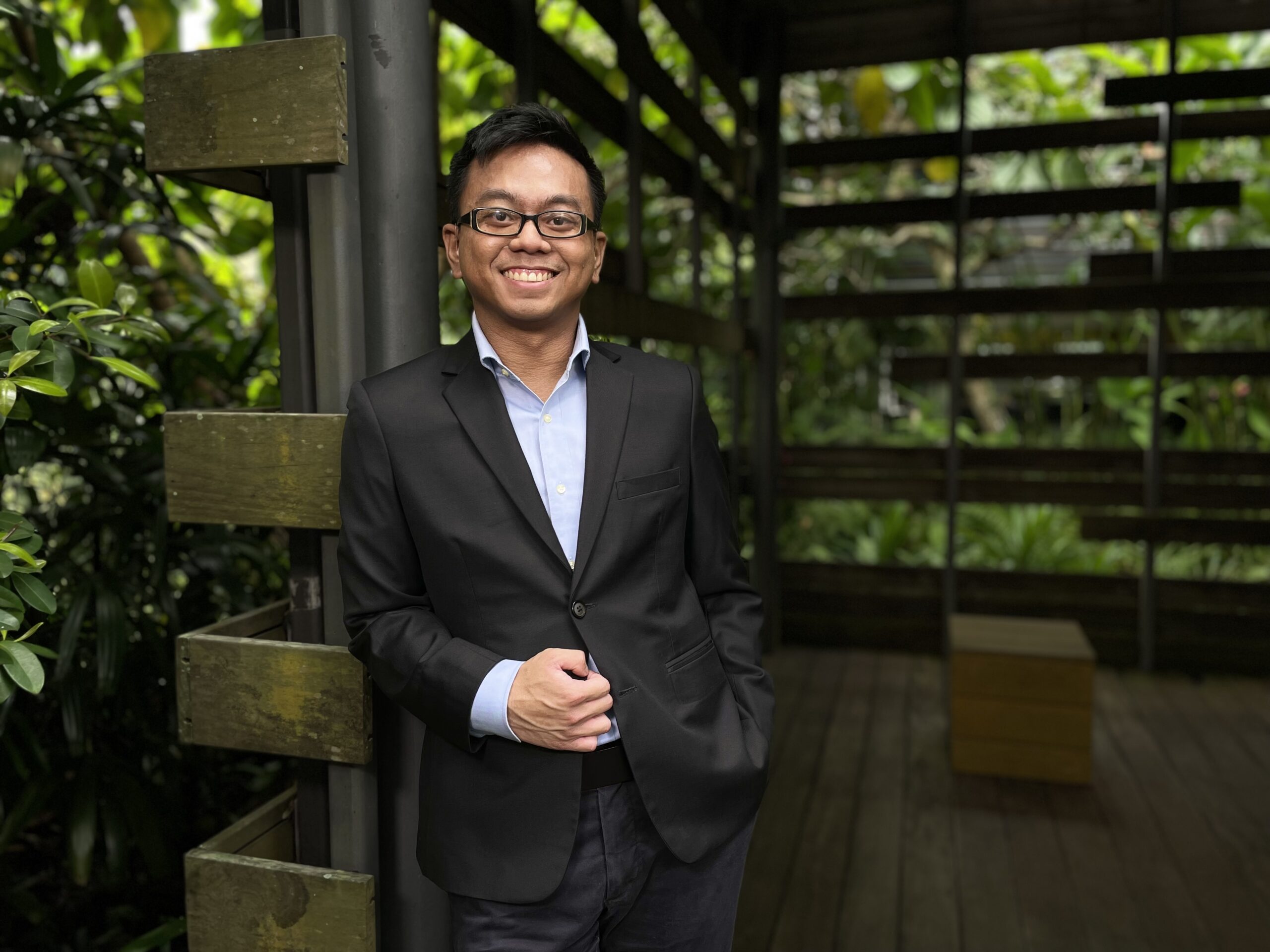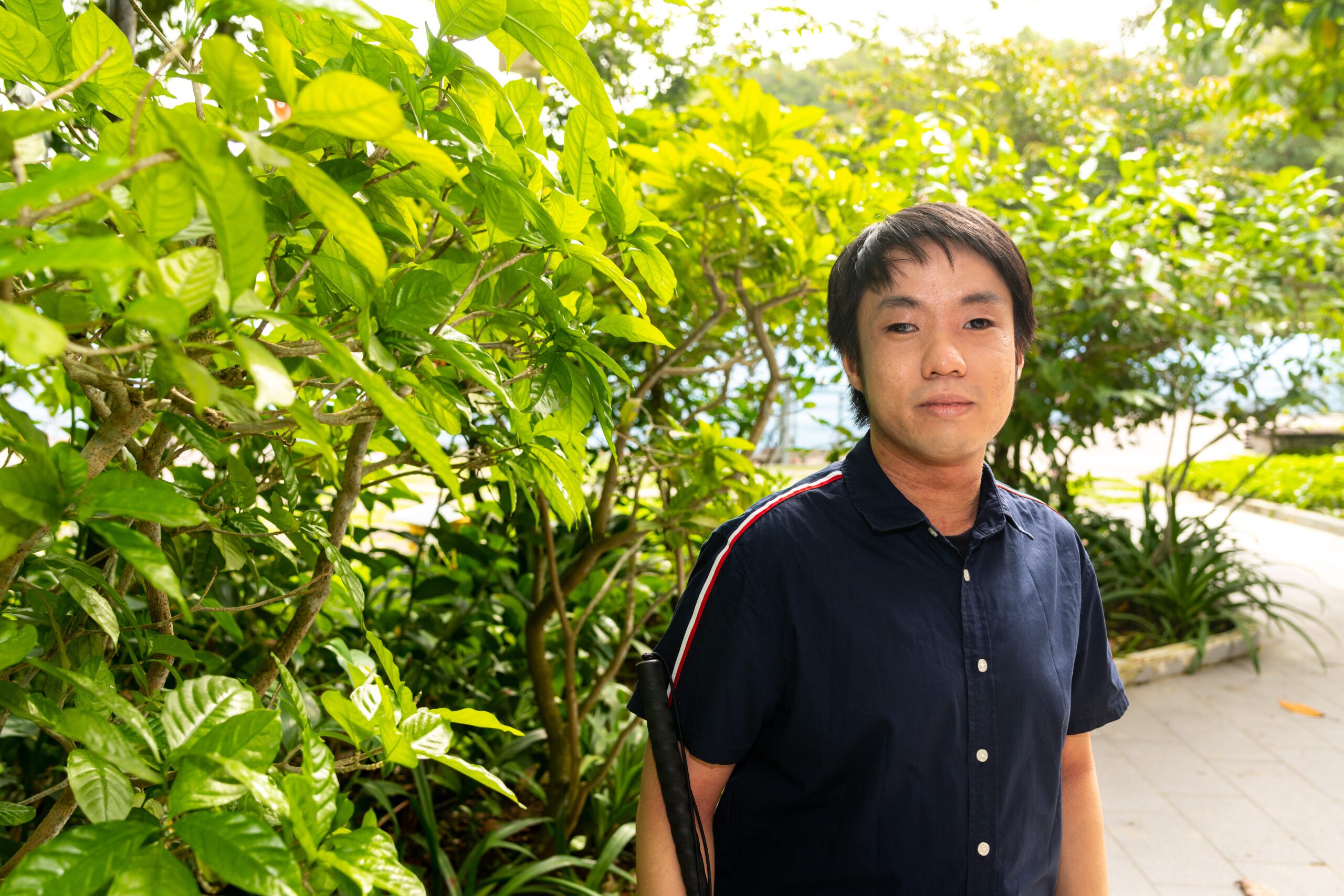How does Stories by Children approach education differently then?
I was exposed to the Reggio Emilia Approach® when I did a year in Harvard University. It spoke to me. Fundamental to the principle is that children are equal to the adults. When you speak to a child as an equal, when you speak to their wisdom, what they reciprocate will show up as wisdom. Conversely, when you belittle them or refute them by saying ‘You’re just a child. What do you know?’, they will show up diminished and exactly the version you think they are. How others present themselves to you depends on how you talk to them.
At Stories by Children, I use pedagogy that is inspired by the Reggio Emilia Approach®. During my classes, not only do I see the children as equal but I also see them as equally divine. This pedagogy is one that is sensitive to a child’s interests and inclinations, not a top-down, didactic approach but one that keenly observes and deeply respects the child as a person. It’s about accepting children at the levels that they currently are. It is more than just about processes or product outcomes. The prompts I use are very simple: ‘Oh, I see.’ ‘Aah, I see that this interests you.’
I am not saying that the ministry’s curriculum is flawed, or that my way is superior. I am merely providing something that is complementary, an alternative my friends in mainstream education can examine and consider.
So, is it more of listening rather than dictating?
Allowing. In order to allow, you must trust that the child has his or her own divinity. You eschew telling the children that they are wrong, or that there is a fixed approach to doing things. In most of my classes, I flow with the student’s energy and am deeply respectful of where they are along the educational journey.
Above all, I’m here to echo to the students that they are divine, and that it is okay to be themselves, even when imperfect (which we all are). Over time, given this constant acknowledgement and affirmation, they will have the courage to speak up. The children will develop the confidence and know that what they say, contribute and do matters. It is not about using characters in a story to teach a moral: ‘These protagonists are confident, so therefore you must be like them.’ It has less to do with appealing to the children’s intellect and more of awakening their inner wisdoms. I say ‘awakening’ because their wisdom is already innate.
We are all carriers of wisdom. It’s not a child versus adult dichotomy. Because children have less of the conditioning that we are used to, they can receive wisdom as a conduit easier than us adults. Sages around the world urge us to revert to a childlike innocence. Why? Because children are more likely to experience states of awe, which are steeped in simplicity. Before a flower is a flower, what is it? That is awareness. Before we teach them what a flower is, it just is. The faculty of language — some say that by acquiring more complex language you can explain more of yourself. Yet, we often hide behind this complexity. It provides a buffer for us to hide behind.
